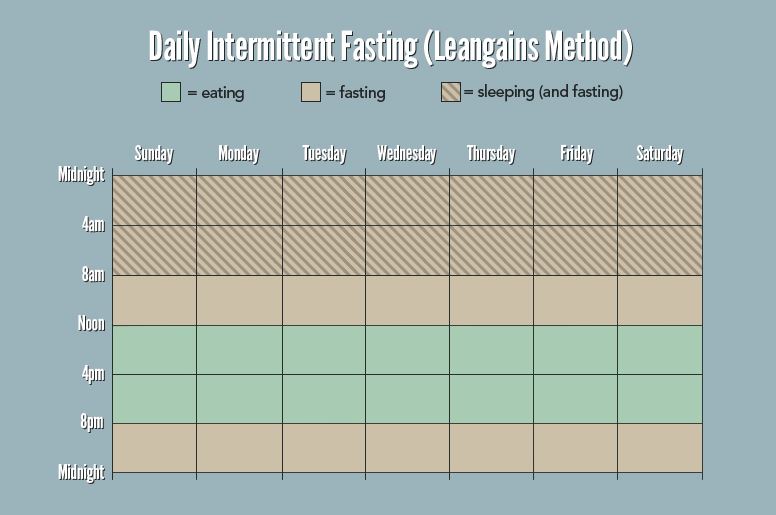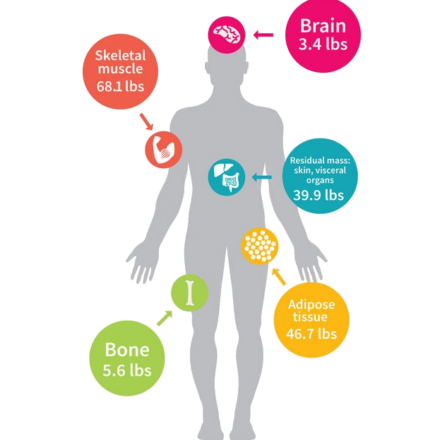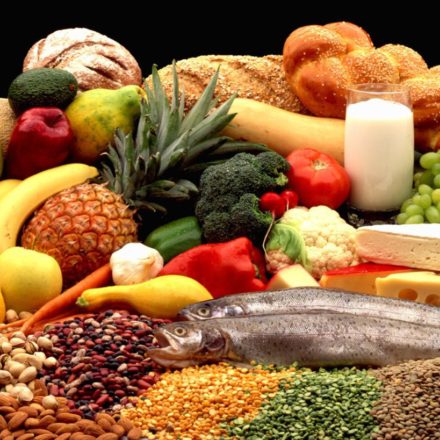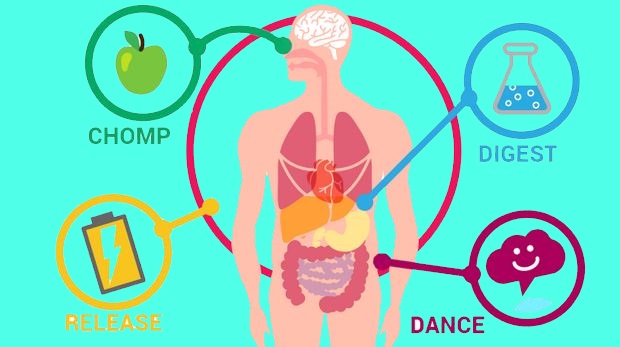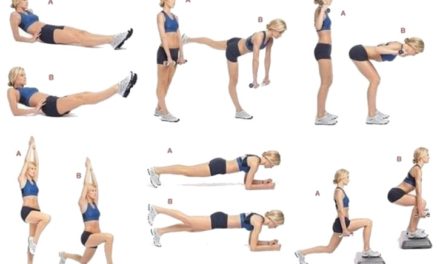Intermittent fasting is a type of diet that is rapidly growing in popularity. Scientists and nutrition experts also say it is the way of the future to lose weight and maintain lost weight, more and more books are published on the subject, even the best-selling books that refer to this practice are “Eating stop eating” and “The 8-Hour Diet.” Intermittent fasting is also very popular among followers of the Paleo diet, as our ancestors seem to have eaten in this way for thousands of years.
Many people who have been following this type of diet for 2 years, comment that it helped them lose up to 30 kg without having to count calories, carbohydrates or eat 6-7 meals a day.
In the following lines we will talk about fasting and some details of this way of losing weight and losing weight.
What is intermittent fasting?
Its name itself already gives us some clues to this diet, intermittent fasting is a diet plan where you will fast for a period of time during the day. This is usually between 16 to 20 consecutive hours. It is eaten during the other 4-8 hours of the day.
The more time you spend fasting every day, the better your results will be. You can make these fasts as often as you want. Again, more often than you do, the better. In relation to this article you can read: Fasting to lose weight, myths and realities.
Getting Started with Intermittent Fasting:
Following this diet plan is very simple. All you have to do is choose a period of time during the day you will fast. This must be between 16-20 hours. Don’t worry about the calorie or carb bill. It just focuses on taking the day until lunchtime.
It is best to choose a specific period of time to carry out fasting. An example can be from 8 pm to 4 pm the next day. Then we’re going to have the first meal of the day and an aperitif or two a couple of hours later.
People with experience with intermittent fasting feel it’s best to start with a 16-hour fast (20:00 a night to 24:00 the next day) for the first 1-2 weeks. Once we feel comfortable with this program, you can increase the amount of time you spend fasting. To do this, add 30 minutes each day until you reach 20 hours in a row.
We don’t have to fast every day in the beginning. It may be more comfortable to slowly break with 2-3 fasts a week at first. Add more days of intermittent fasting as you become more comfortable with this style of eating.
Tips to make intermittent fasting easier:
- During the fast you will want to drink plenty of water. Squeeze some lemon juice into the water to help get rid of cravings you may experience. You can also have coffee, tea or other non-calorie drinks. After a few weeks, you’ll find that intermittent fasting prevents you from drinking sugar altogether.
- If you have to drive, drink some caffeine in the morning and afternoon. Caffeine in coffee and tea can actually make intermittent fasting a little easier, as it’s good for curbing appetite. Be careful not to overdo this type of beverage.
- Avoid drinks with artificial flavors. One type of calorie-free drink to avoid are diet soft drinks and other beverages that use artificial sweeteners such as Splenda and Sweet & Low. Studies show that this type of drink can actually stimulate appetite and cause overeating.
- Do not overeat at first meal. The first meal after your fast should be the amount of food you eat normally. Getting over it will only make you feel horrible and diminish the benefits you get from fasting.
- Minimize foods high in carbohydrates and processed sugars. While intermittent fasting does not allow you to eat a little looser than normal, you should eat pieces of small bread, pasta, rice, etc., as much as possible.
Focus on eating meat, fish or meat proteins, vegetable carbohydrates, sweet fruits and potatoes, and healthy fats from foods such as almonds, avocados, fish and olive oil.
How intermittent fasting will help you lose weight:
Eating this way has many advantages over weight loss. The first is that when fasting, the body is forced to use stored body fat for energy. Burning calories this way, instead of the foods you’re eating all day, will help you not only lose weight, but lose the weight of any excess body fat you carry. This means that not only will it allow you to be thinner, but you will look better and you will be much healthier than if you lose weight in a traditional way.
Intermittent fasting can help you optimize the release of essential fat burning hormones in your body. This is especially true for the two most important hormones: human growth hormone (HGH) and insulin.
Human growth hormone plays a key role in transforming bodies and is a fat burner so you get the calories you need to work and enjoy stored body fat. Studies show that fasting can increase your body’s production of growth hormone by 1,300% in women and 2,000% in men.
Intermittent fasting has an influence on insulin, is just as impressive and possibly more important. Keeping insulin levels low and steady is the key to losing excess fat and keeping it off. Diets rich in processed carbohydrates (bread, pasta, rice) and simple sugars (sweets, biscuits and fizzy drinks) have the opposite effect. They cause rapid upward insulin levels and then crash every time you eat one of these foods. The net result of this phenomenon is that your body will store more than it eats as an excess of body fat rather than burning it as energy.
In the long run raising insulin levels can lead to the development of type II diabetes, obesity and other chronic health problems. Intermittent fasting solves this problem.
Another great advantage of weight loss with intermittent fasting is that the feeling of hunger and cravings that can normally plague you throughout the day will be reduced, if not completely eliminated. This is probably due to its ability to balance insulin and blood sugar levels and, in turn, helps to correct other hormonal imbalances.
Now that we know what intermittent fasting is, it’s good to know how to start, and to address some doubts that arise.
How much weight can I lose?
The amount of weight that is lost with fasting is determined by the frequency and duration of the fasts are, what is eaten afterwards, and other factors. Fasting for 16-20 hours a day can help you safely lose 1 kg of fat each week.
Losing this weight every week is great, and the way it makes it possible is really great. Losing weight with intermittent fasting means you’ll never have to count calories or prepare multiple meals a day.
Can I exercise during your fast?
Yes, you can. In fact, doing a type of workout while fasting will help you lose weight faster and even build muscle.
Focus on doing 3-4 full-body exercises for training with as little rest as possible between sets. Doing this will help you burn more calories during and after your workout. You’re going to build muscle as well, which will help you look and feel better as the weight is lost.
Am I not going to lose muscle mass? When should I fast?
Don’t worry at all. First of all, you are not fasting long enough for your body to start breaking down the muscle for energy. You probably have hundreds of thousands of calories of stored body fat to use before this starts happening. Studies actually show that even after a fast for 3 days, no muscle is lost.
Is fasting safe?
As long as you’re healthy, don’t get pregnant, and don’t take medication, fasting is safe. Like all diets, you should consult with your doctor before starting an intermittent fasting style in your diet.
Is there a supplement you can take to make fasting easier?
It is very important to always consult with our doctor and especially if you have special health conditions such as diabetes, low blood pressure, pregnancy, lactation or other treatments. A supplement may also be used during fasting to help reduce the risk of fatigue or have a bad mood during the day.
As with any other weight loss plan, it’s a good idea to take some dietary supplements to make sure your daily needs are met. This includes once or twice a day a multi vitamin, fish oil and vitamin D.
 NL
NL FR
FR DE
DE EN
EN
